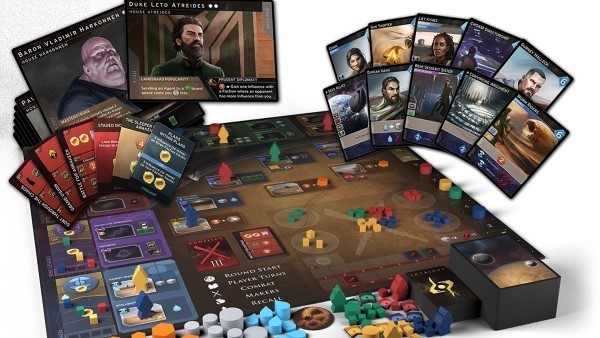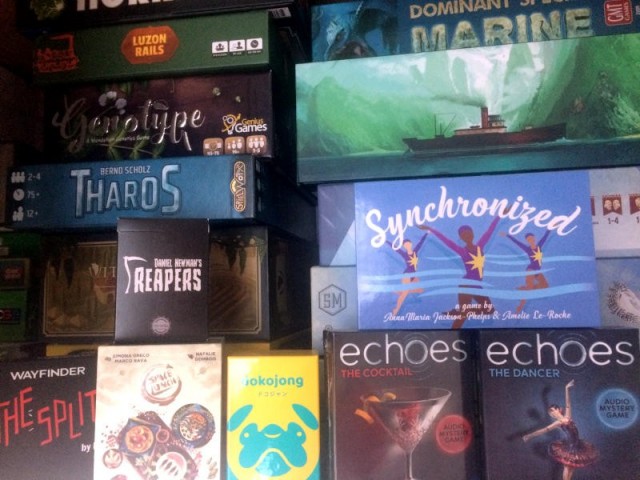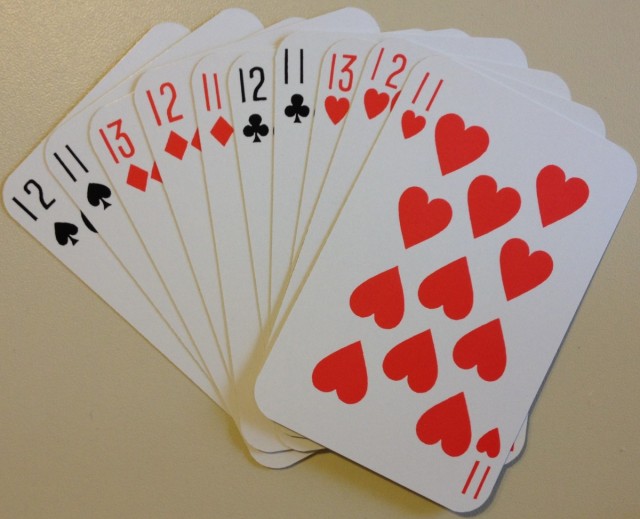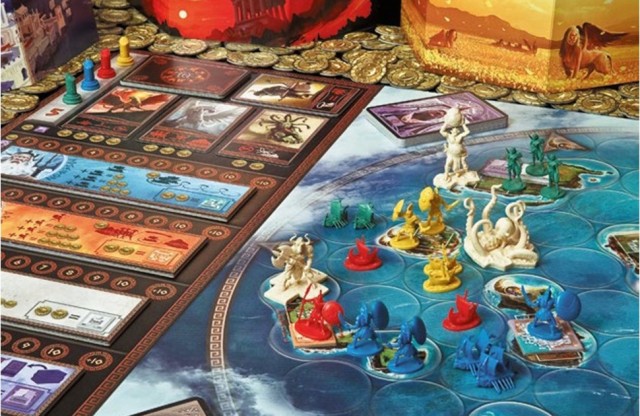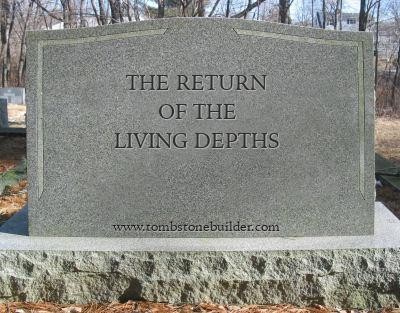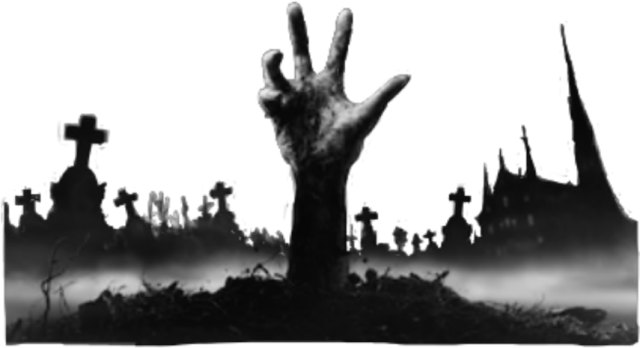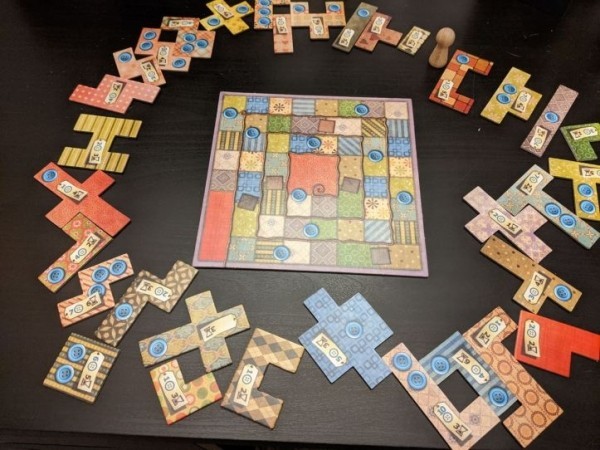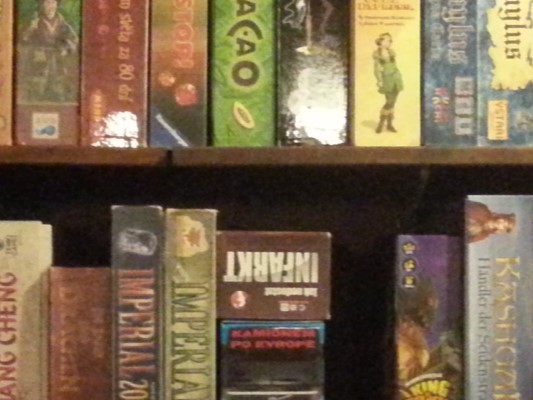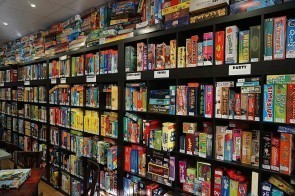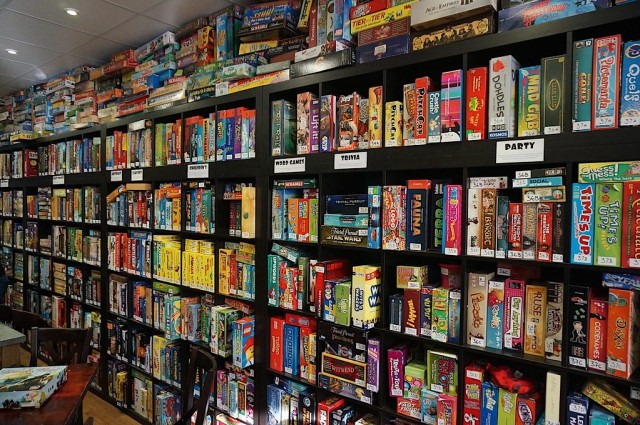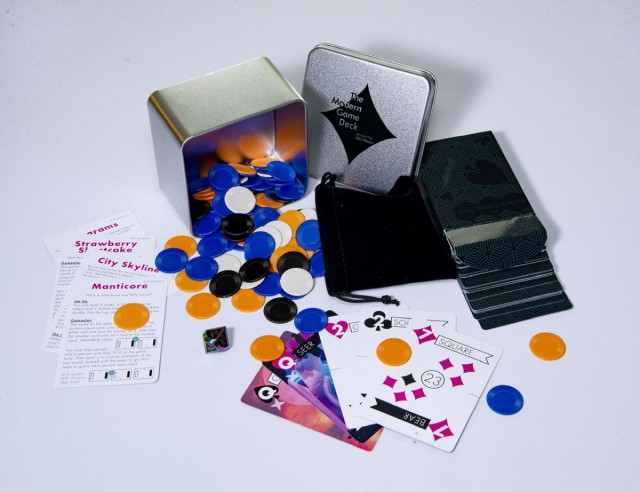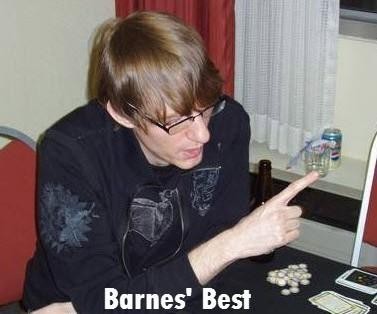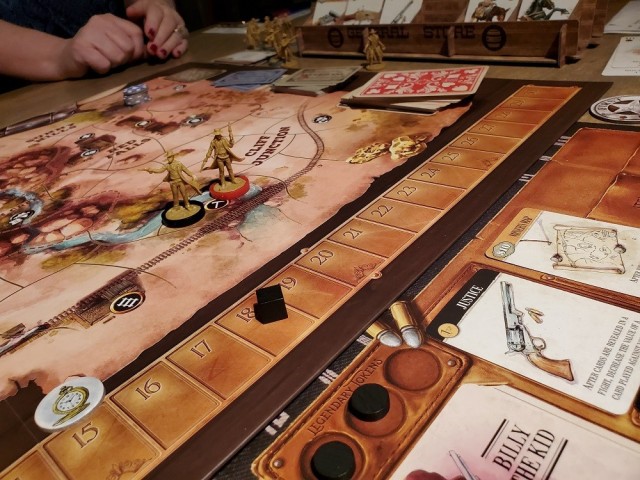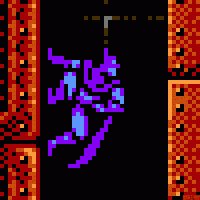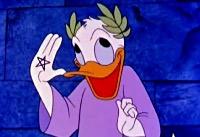When I sat down to write this, it was going to be an awards piece. Something to celebrate the very best games I've played this year. It was all planned out: I had a series of categories, a winner in each and an overall game of the year. A pleasant exercise in rewarding excellence to cap off an excellent year of releases.
But at the point of starting to type, it wouldn't come. My fingers just stalled on the keys. Sure, I could tell you my favourite games of the year. But I'm not going to, because it's not fair. It's not fair on publishers or designers or other writers. Most of all, it's not fair on you.
At a guess, if I were to canvass opinion from gamers, the top-rated game of the year is Rising Sun. A quick search of the internet suggests that Lords of Hellas and Everdell have done very well, too. Newer releases riding high include Detective and Chronicles of Crime.
I haven't played any of them. I also found an acclaimed game called Deep Madness that I haven't even heard of.
So, given that I know next to nothing about six of the most popular releases of the year, what right do I have to judge others against them? None, really. I have a list of the best games I've played this year. But if I tell you what they are, you might rush out to buy and play them, and miss out on Rising Sun or Detective or Everdell which might be even better. That's in no-one's best interest.
Of course, this has been true every year when I have handed out a game of the year pick. But in previous years I was too worried about what people might think of me if I spelled that out. I'm not worried anymore. Not because I'm suddenly brave and rebellious. It's because I'm tired.
At Essen this year, there were 1500 new releases for attendees to look at. If you played demo games all day, every day of the fair, you could barely make a dent in that. And that's just at Essen itself. With all the Kickstarters, print and plays, traditionally published games this year you could play all day, every day of that year and barely make a dent.
I can't keep up. No-one can keep up. It's just exhausting.
And it's having a profound impact on the extreme end of the gaming culture. A few years ago, there was a fad for doing challenges for a hundred plays in a year, by playing ten different games ten times each. It was a good challenge because it forces you to dig into each of those ten games, find out more about them, get value. Now, I'm seeing people set themselves a hundred challenge of a hundred different games. Learn a different ruleset, experience one mechanical play through and move on a hundred times. I don't see the value in that, let alone any pleasure.
What's questionable though is whether it's a problem for gaming in general, away from the extreme end. After all, more games ought to mean more good games too. When I see people defending the glut of games, they often make a comparison to books, and this is a good, fair argument. The number of novels published each year runs into the high tens of thousands, and each demands as much, if not more, of your time than a good board game. Yet the book industry doesn't seem to be full of people hand-wringing over that number.
Actually, it is. Well, maybe not full of it, but if you search there are plenty of anguished critics and publishers pleading for it to slow down. And they're making the same kind of arguments I'm making here. So if you look at the extreme end, again - book nerds and game nerds - it's not so different after all. But books have a key advantage over tabletop games: almost everyone reads. That means more books get read and reviewed on book sites. That means there's a thriving industry of full-time literary critics and academics. Between them, they help sort the wheat from the chaff with moderate effectiveness.
There's no such equivalent for games, and this lack of direction has insidious knock-on effects. Most designers and publishers are passionate gamers themselves, and they want to put out great product. But when it's your livelihood, the temptation to cut corners is also great. If you know there's no chance in the short term that minor flaws in the design are going to come to light, why bother to fix them? Why bother to even look for them? Why, for that matter, bother to risk innovating? Slick marketing based on fear of missing out can already ensure the success of a by-the-numbers game.
Calvin Wong, content director of the site boardgameprices, made an interesting observation about this. According to his site's analytics, the biggest sellers of the recent past are Scythe, Gloomhaven, and Root. All are excellent games, of course, but so are many others. What do they have in common that's different from other hot titles? Calvin's theory is that the answer is visual and narrative. All three have very distinctive art styles and create striking, believable worlds.
I find it hard to believe it's as simple as that, but at the same time, it feels compelling. In a world where so many games come and go in a characterless blur, it makes sense that games with real character would stand out. Especially if they communicate some of that character through art which can be rapidly assessed and digested. In such an overwhelming release schedule, games need something to catch the eyes of consumers as fast and as hard as possible.
However much this seems a problem to me, and to some other folk on the sharp end of gaming, there's no real solution. As long as there's a market, people will cater for it. And there's little sign of that market slowing up. CMON took a big loss this year and some have heralded that as signs of the market slowing. Others, though, point out that the accounting period was between big releases, making the numbers deceptive. Only time will tell. Either way, there are still plenty of people who don't care, don't know or who actively defend what's happening as a good thing. So I have little choice but to ride the wave, and on that wave, handing out awards seems pointless.
In June this year, I went to the UK's biggest convention. On the Saturday night I took a walk around the open gaming area. I saw a lot of gamers enjoying a lot of games including Modern Art, El Grande, even Catan. But not once did I see a copy of Rising Sun. It was everywhere early in the year, so inescapable that I saw people playing it in pubs. Now it's vanished. I might not be sure what games among the glut might be worthy winners, but I'm pretty certain who in this scenario are the losers.
This article, like everything I post here, was written for free. If it's made you re-evaluate the importance of good, unbiased criticism against the value of actual games, or even just enjoyed it, please will you consider donating to my Patreon to ensure I can keep on doing it?
 Games
Games How to resolve AdBlock issue?
How to resolve AdBlock issue? 